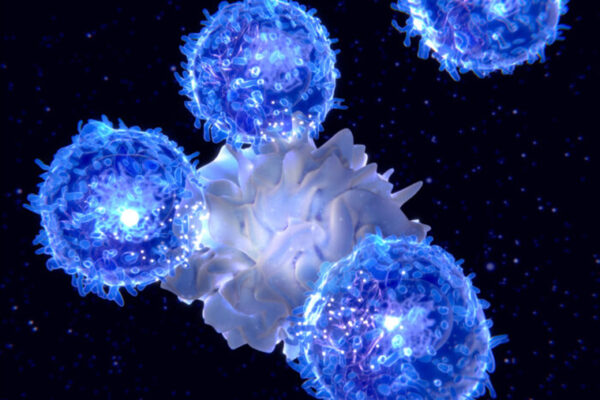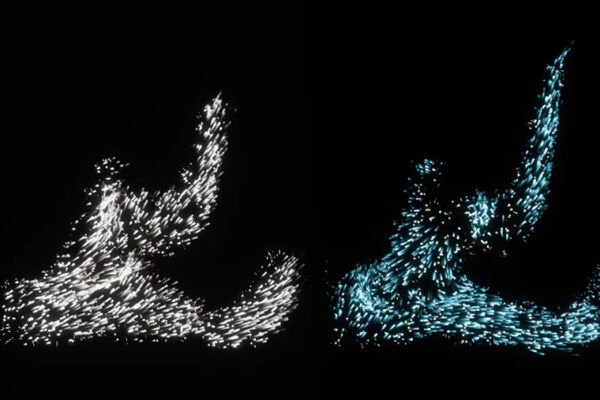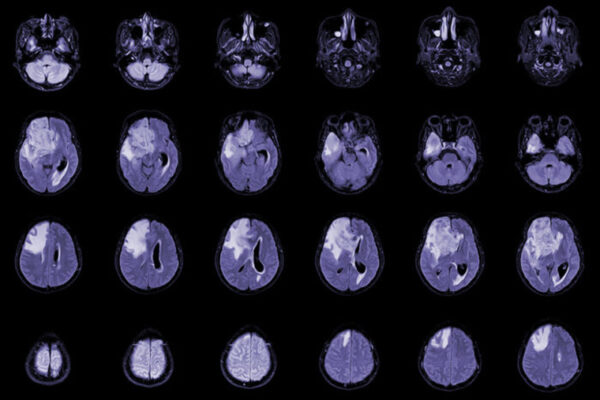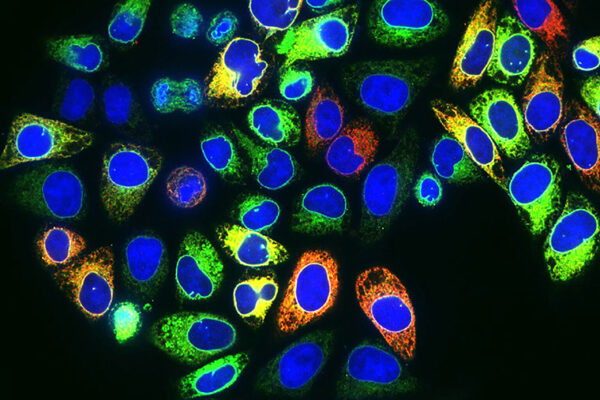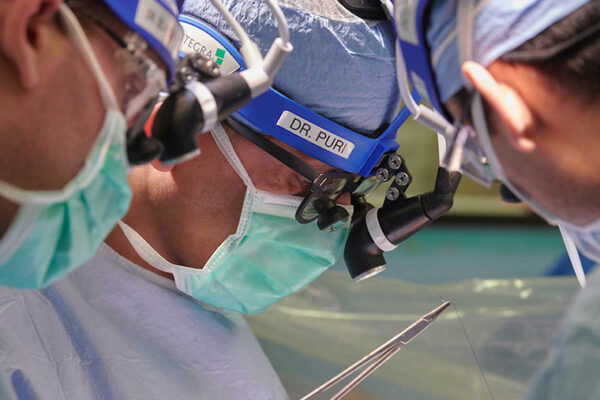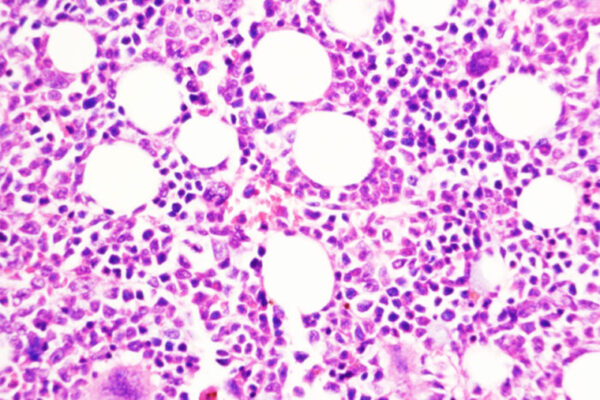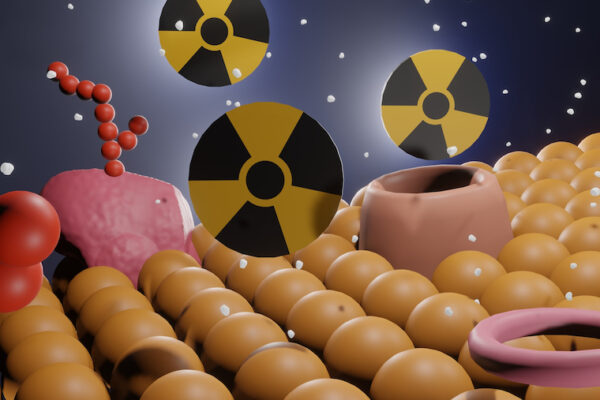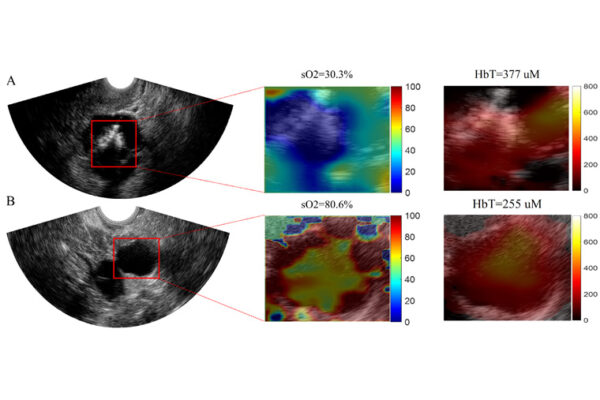Cancer patients who don’t respond to immunotherapy lack crucial immune cells
Researchers at Washington University School of Medicine have discovered that the difference between cancer patients who do and do not respond to immunotherapy may have to do with a particular immune cell. The findings could extend the lifesaving benefits of immunotherapy to more patients.
Computer model IDs roles of individual genes in early embryonic development
Software developed at Washington University School of Medicine can predict what happens to complex gene networks when individual genes are disrupted in specific ways.
Thompson receives National Cancer Institute grant to study cancer patients, caregivers
Tess Thompson, research assistant professor at the Brown School at Washington University in St. Louis, has received a five-year grant from the National Cancer Institute of the National Institutes of Health (NIH) to study unmet social needs of cancer patients and their caregivers, with the ultimate aim of improving outcomes for both.
Patients with brain cancer may benefit from treatment to boost white blood cells
A new study led by the School of Medicine reveals at least one cause of low white blood cell counts in patients treated for glioblastoma and demonstrates a potential treatment strategy that improves survival in mice.
Power of cancer drugs may see boost by targeting newly ID’d pathway
Researchers at the School of Medicine have identified a previously unknown signaling pathway cells use to protect their DNA while it is being copied. The findings suggest a way that could boost the potency of cancer therapeutics.
Quality of treatment for lung cancer varies widely across US
A new study by researchers at Washington University School of Medicine found that the quality of care for lung cancer in the U.S. varies widely. The findings show that high-quality care is associated with improved overall survival rates among patients with lung cancer.
Study reveals how chronic blood cancer transitions to aggressive disease
A study from Washington University School of Medicine suggests a strategy for preventing a chronic, slow-growing type of blood cancer from progressing to an aggressive form of leukemia.
Imaging technique may measure absorbed dose from radiation therapy
Abhinav Jha, at the McKelvey School of Engineering, wants to use novel imaging to better understand how people absorb radiation therapy. His team won a four-year $2.2 million National Institutes of Health (NIH) grant for the study, which aims to guide treatment decisions.
Study supports urging smoking-cessation treatment to patients in cancer care
A nationwide team studied 44,000 smokers at 28 cancer centers, including Siteman Cancer Center, and learned that if they could get such patients into nicotine replacement, counseling or both, they could help nearly one in five quit smoking, while also boosting cancer survival rates.
Machine learning model builds on imaging methods to better detect ovarian lesions
Research from Quing Zhu’s lab at the McKelvey School of Engineering yields a novel method to use ultrasound to enhance machine learning’s ability to accurately diagnose — or rule out — ovarian cancer.
Older Stories
